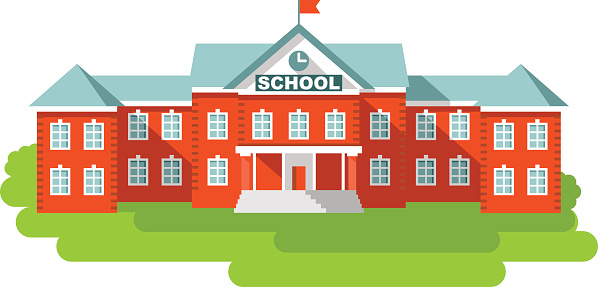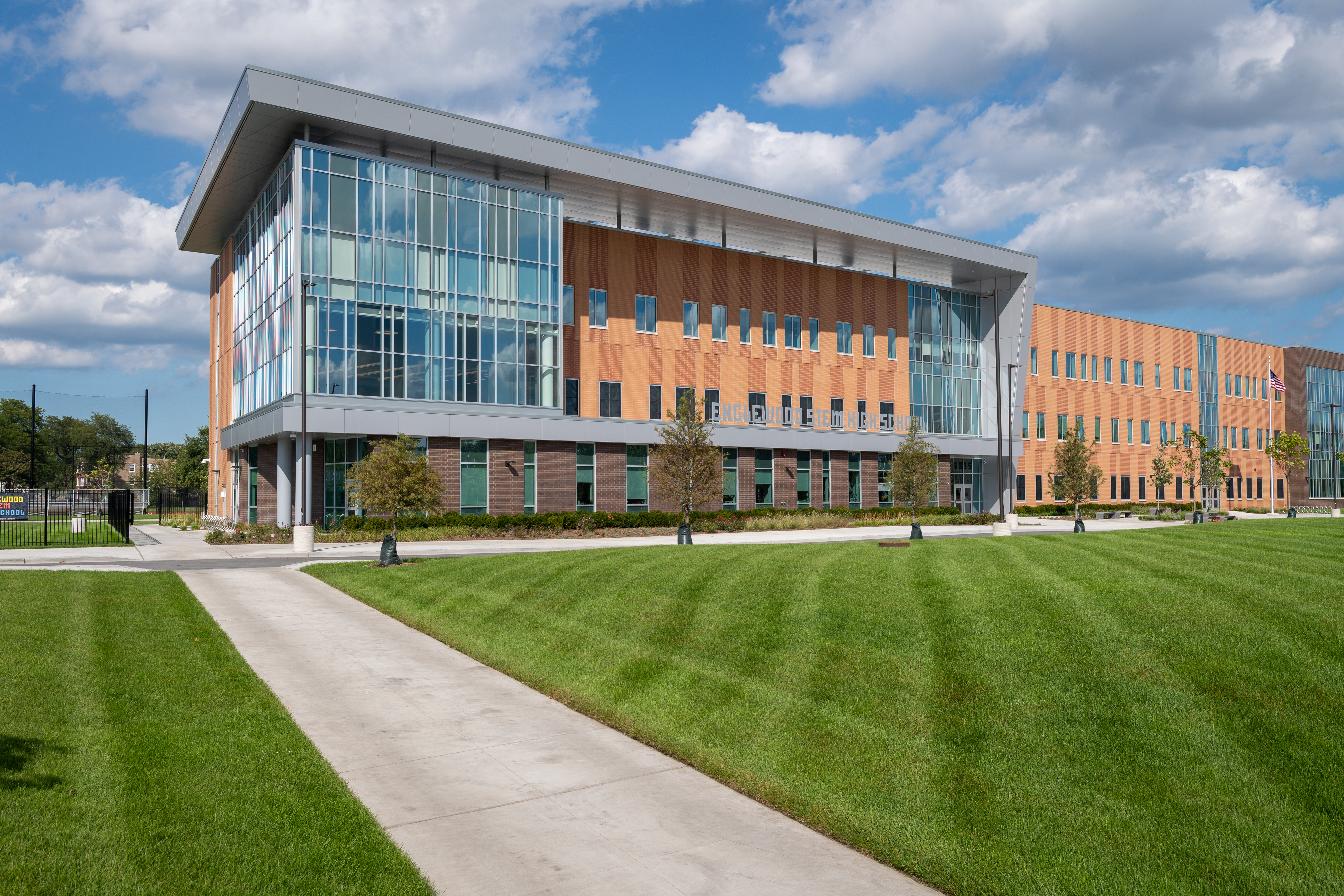Join Us: Occasions and Campaigns to Save Temecula Schools
Join Us: Occasions and Campaigns to Save Temecula Schools
Blog Article
The Effect of School Environments on Academic Success and Personal Health
The institution atmosphere substantially affects both academic success and personal health, encompassing elements such as physical layout, class ambience, and interpersonal characteristics. The layout of educational areas, including all-natural lights and ergonomic furnishings, can boost pupils' focus and convenience. Furthermore, the top quality of teacher-student relationships and the nature of peer interactions play critical duties in cultivating an environment for learning and psychological support. Recognizing just how these various factors interplay to shape pupil outcomes elevates essential questions about maximizing instructional settings for holistic advancement. Exactly how can institutions tactically improve these aspects to much better support their students?
Physical Format and Design
Exactly how does the physical format and layout of a college influence scholastic success? The setup and aesthetic of an institution environment can significantly influence students' discovering end results. A well-designed school format advertises ease of movement, reduces interruptions, and promotes a sense of security and belonging. For example, large corridors and plainly significant areas promote smooth shifts in between courses, lessening lateness and disruption. In addition, strategically positioned typical areas motivate social interactions, which are essential for social and emotional development.
Natural lights and reliable ventilation systems are pivotal in improving cognitive feature and lowering absenteeism. Researches have actually revealed that classrooms with sufficient natural light boost trainee concentration and minimize feelings of sleepiness. Additionally, ergonomic furnishings tailored to pupils' needs can stop physical discomfort, enabling prolonged emphasis and engagement in scholastic activities.
Accessibility to outdoor areas and cosmetically pleasing surroundings likewise play an important duty - Save Temecula Schools. Environment-friendly areas and well-kept institution grounds provide opportunities for exercise and psychological relaxation, both of which are essential for maintaining high degrees of scholastic performance. Fundamentally, a thoughtfully developed physical environment can work as a catalyst for academic excellence, promoting an ambience that supports both teaching and discovering
Classroom Ambience
An atmosphere that promotes a feeling of safety, inclusivity, and common respect motivates trainees to engage even more actively in their learning procedures. The setting of a class, consisting of elements such as illumination, noise levels, and seating arrangements, can substantially influence trainee concentration and motivation.
Moreover, the class atmosphere must support a society of cooperation and open communication. When students feel comfy sharing their ideas and asking concerns, they are more probable to engage deeply with the product and establish important believing abilities - Save Temecula Schools. Peer communications and team activities can enhance discovering by promoting and offering diverse point of views team effort
In addition, developing regular routines and clear expectations can develop a structured setting that permits trainees to concentrate on their researches. By minimizing uncertainty and providing a predictable framework, students can much better manage their time and obligations. Inevitably, a favorable class atmosphere not only enhances academic performance yet also adds to the total health of trainees, preparing them for future educational and personal endeavors.
Teacher-Student Relationships
Building on the importance of a positive class atmosphere, the connections in between trainees and educators play a crucial function in forming academic success. A healthy and balanced teacher-student relationship promotes a learning setting where students feel valued, comprehended, and supported, which dramatically boosts their motivation and interaction. When trainees perceive their teachers as compassionate and approachable, they are most likely to take part proactively in class and seek help when needed, adding to a deeper understanding of the subject matter.

Reliable communication is key to supporting these connections. Teachers that employ open, respectful, and regular communication develop a structure of depend on. This count on allows students to express their ideas and concerns freely, cultivating a joint understanding atmosphere. Basically, solid teacher-student relationships are a foundation of educational success, playing a critical role in both academic accomplishment and personal advancement.
Peer Interactions
Peer interactions significantly influence scholastic success by shaping a student's social and cognitive advancement. Positive peer communications can enhance a trainee's inspiration and involvement in scholastic tasks through collaborative knowing and mutual assistance.

Efficient peer view communications likewise add to the growth of crucial life abilities, such as interaction, cooperation, and problem resolution. These social competencies are critical for both scholastic success and individual well-being, emphasizing the relevance of cultivating positive peer dynamics within the school environment.
After-school Activities
Taking part in extracurricular activities plays a crucial role in a student's academic success and individual growth. These activities, ranging from sporting activities teams to dispute clubs, supply pupils opportunities to sharpen useful skills such as leadership, time administration, and team effort. Research study regularly suggests that students who join extracurricular activities tend to accomplish greater academic performance. This correlation is often attributed to the structured atmosphere and the self-control required to stabilize both extracurricular and scholastic dedications.
Moreover, extracurricular involvement promotes a sense of belonging and area, which is vital for personal wellness. Participating in group activities permits trainees to develop and reinforce socials media, improving their psychological and social knowledge. These interactions link are important for creating social skills that are beneficial in both future and scholastic expert environments.
In addition, after-school activities supply a constructive outlet for pupils to discover their rate of interests and passions past the standard educational program. This exploration can cause the discovery of brand-new skills and potential occupation courses, better motivating students to involve even more deeply in their scholastic work. In verdict, the function of extracurricular activities extends past mere leisure; they are indispensable to fostering an alternative educational experience that promotes both academic success and individual development.
Verdict
Attentively developed physical formats and class, along with favorable teacher-student relationships and useful peer interactions, significantly enhance student inspiration and interaction. These aspects collectively highlight the value of producing and keeping optimum college environments for the advantage of trainees' individual and academic development.
Eventually, a favorable classroom environment not only boosts academic performance but also adds to the general well-being of pupils, preparing them for future academic and personal endeavors.

Report this page